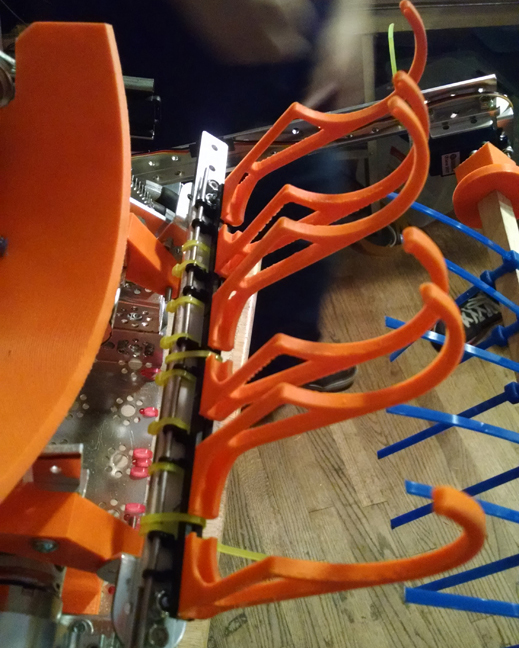
In many cases, the practices in the two fields are similar enough that they can be discussed together. Throughout the discussion, we consider practices both of science and engineering. Obtaining, evaluating, and communicating information Constructing explanations (for science) and designing solutions (for engineering)Ĩ. Using mathematics and computational thinkingĦ. Planning and carrying out investigationsĥ. Asking questions (for science) and defining problems (for engineering)ģ. Such understanding will help students become more critical consumers of scientific information.ġ. Finally, we conclude that acquiring skills in these practices supports a better understanding of how scientific knowledge is produced and how engineering solutions are developed. Second, we describe in detail eight practices we consider essential for learning science and engineering in grades K-12 (see Box 3-1).
7 DAYS TO DIE ADVANCED ENGINEERING PROFESSIONAL
In the chapter’s three major sections, we first articulate why the learning of science and engineering practices is important for K-12 students and why these practices should reflect those of professional scientists and engineers.

As previously noted, we use the term “practices,” instead of a term such as “skills,” to stress that engaging in scientific inquiry requires coordination both of knowledge and skill simultaneously. This chapter stresses the importance of developing students’ knowledge of how science and engineering achieve their ends while also strengthening their competency with related practices. A narrow focus on content alone has the unfortunate consequence of leaving students with naive conceptions of the nature of scientific inquiry and the impression that science is simply a body of isolated facts.

There has always been a tension, however, between the emphasis that should be placed on developing knowledge of the content of science and the emphasis placed on scientific practices.
7 DAYS TO DIE ADVANCED ENGINEERING HOW TO
From its inception, one of the principal goals of science education has been to cultivate students’ scientific habits of mind, develop their capability to engage in scientific inquiry, and teach them how to reason in a scientific context.


 0 kommentar(er)
0 kommentar(er)
